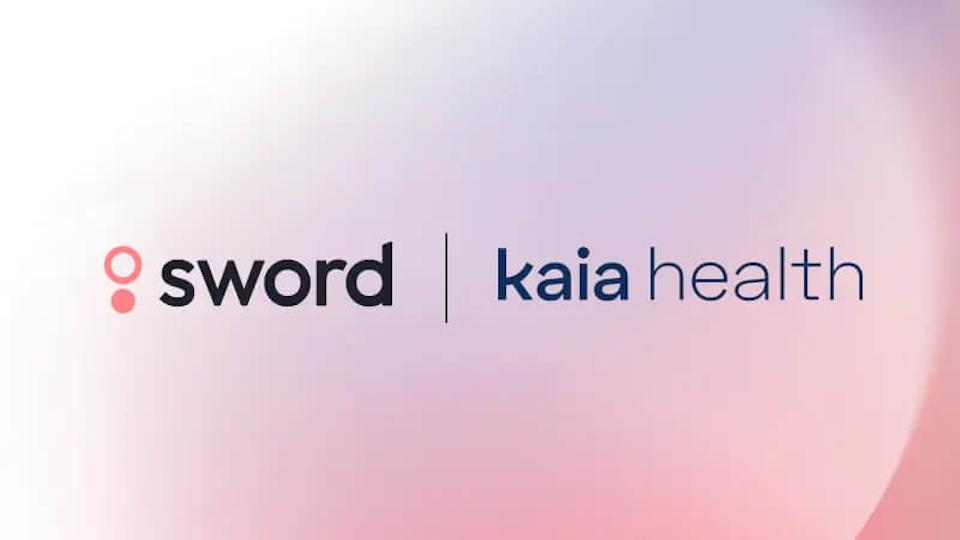Blockchain firm Witty Health launches digital cancer decision tool

The health blockchain technology firm Witty Health has launched OncoPower, a digital tool helping oncologists with their decision making.
OncoPower helps oncologists create a de-identified case study with details like co-morbidity, specific cancer type, lines of therapy, and actual drugs used for treatment.
It then rates the effectiveness of those drugs and publishes the data on the fly in minutes.
The purpose of the tool is to assess if drugs safely and effectively improve a patient’s health status with a specific cancer and stage.
A Peer Compare tool enables community oncologists to compare their proposed treatment plans with their peer’s practice preferences as more data is gathered.
Several variables can be changed including gender, age, comorbidity, primary cancer site, specific cancer, stage, lines of therapy, prior treatment, and drug.
The tool will be funded by a blockchain-generated digitally generated security called Onco, which the company describes as “the fuel of the incentivised oncology market”.
Participants in OncoPower will invest in “Oncos”, which is distributed using transparent consensus algorithms.
Witty Health co-Founder and chief oncologist, Karthik Koduru, said: “As we continue to advance the development of OncoPower digital health ecosystem, we are pleased to enable oncology providers to publish their specific case studies and rate the effectiveness of drugs benefiting everyone– patients, oncologists, drug discoverers, and pharmacists in the cancer care value chain.”
“The OncoPower drug rating differs from other methods used to rate drugs because it is based on their use in a real world clinical case. This drug rating aims to improve efficiency, delivery of care, and outcomes by providing patient specific and data-driven smart treatment options to Oncologists.”
Dr Amitkumar Mehta, a medical oncologist and hematologist at the University of Alabama School of Medicine in Birmingham, said: “The best part of the OncoPower platform is that its development is completely ground up with direct inputs from the practicing oncologists, who see several hundred cancer patients every month and it is led by a team of Oncologists who know what is best for the patients.”












